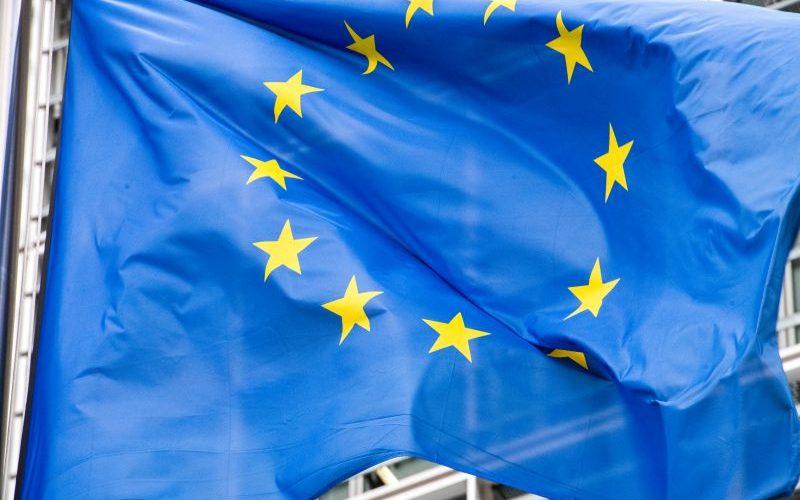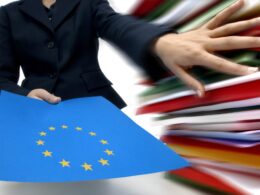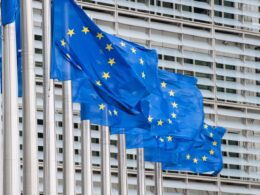The Council of the European Union has formally adopted a regulation aimed at preventing the loss of plastic pellets into the environment, following a provisional agreement with the European Parliament.
Plastic pellets, a key raw material in the plastics industry, are among the largest sources of unintentional microplastic pollution. Current estimates suggest that between 52,000 and 184,000 tonnes are lost into the environment each year, contaminating soil, freshwater and marine ecosystems, and ultimately entering the food chain through fish and shellfish.
The regulation requires companies to implement comprehensive risk management plans covering packaging, handling, staff training and equipment. Firms will also be obliged to carry out clean-up operations in the event of accidental losses.
Non-EU carriers transporting pellets will have to designate an authorised representative within the bloc, while operators handling more than 1,500 tonnes annually must obtain third-party certification. Smaller businesses will be subject to simplified compliance rules, with microenterprises allowed to issue self-declarations of conformity.
The new law also introduces stricter measures for maritime transport, with binding requirements on packaging, cargo information and handling procedures designed to prevent losses at sea.
The adoption marks the final stage of the Council’s procedure. The European Parliament is scheduled to hold its final vote in October 2025. Once published in the EU’s Official Journal, the rules will enter into force 20 days later, with most provisions becoming applicable two years thereafter, except where specific derogations apply.
By targeting plastic pellet spillage across the supply chain, the EU aims to reduce one of the most pervasive sources of microplastic pollution, complementing wider efforts to protect ecosystems and public health.





















